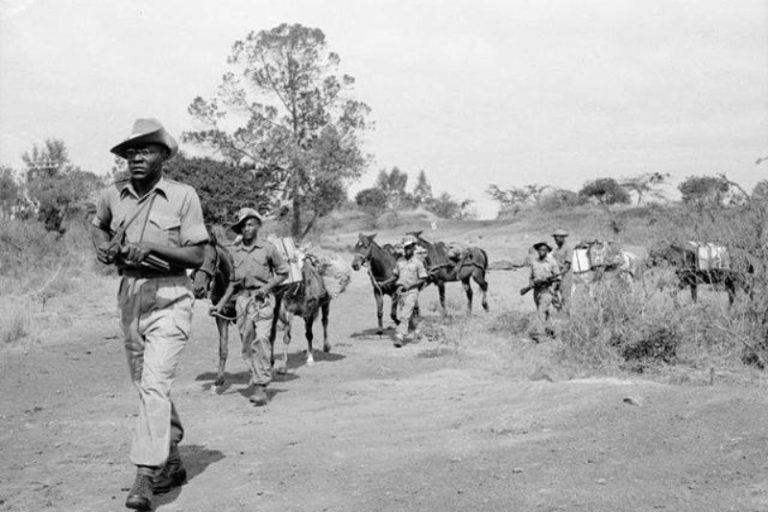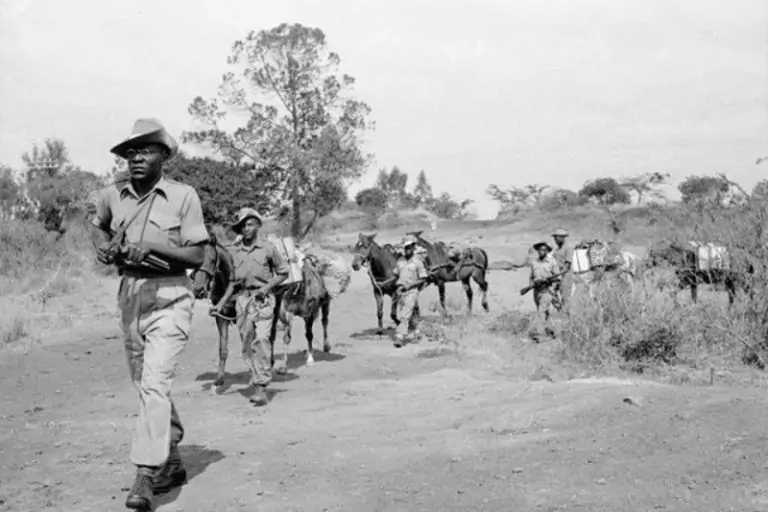

the colonial legacy mount kenyas alcohol crisis examined
Colonial powers introduced European liquor to African societies, portraying it as superior to local brews. European traders created a monopoly by passing legislation to outlaw traditional alcoholic beverages. This not only disrupted indigenous drinking practices but also contributed to the normalisation of heavy alcohol consumption among native populations. The cheaper and more potent European liquor became a symbol of status and modernity, further fueling its consumption.
Moreover, native populations received trade gin that was of inferior quality compared to what Europeans consumed. This substandard liquor contained impurities and additives, leading to adverse health effects among drinkers. Despite its harmful nature, the colonial authorities encouraged its consumption, often using it as payment for labour or including it in rations. Thus, colonial policies not only promoted alcoholism but also perpetuated unequal power dynamics between colonisers and colonised.
Colonial alcohol policies had particularly severe consequences in central Kenya, where they prolonged direct contact between natives and settlers. Increased access to liquor, intensified repression of local alcohol production, and exacerbated trauma for indigenous populations resulted from this proximity. The resulting addiction crisis continues to affect communities in the region, with alcoholism deeply entrenched in social and economic structures.
Successive governments have attempted to address the issue by focusing on curbing the production of illicit alcohol. However, this punitive approach overlooks the underlying factors driving alcohol abuse, such as historical trauma and economic marginalisation. Instead of criminalising behaviour, there is a growing call for policies that prioritise addiction treatment and address the root causes of alcoholism.
To effectively tackle alcoholism in central Kenya, policymakers must adopt a holistic and nuanced approach. This includes acknowledging the historical legacy of colonialism and its impact on indigenous communities’ relationship with alcohol. We should direct our efforts towards education, rehabilitation, and economic empowerment instead of solely focusing on law enforcement measures.
Drawing lessons from other countries, such as Portugal’s approach to treating addiction as a public health issue, can inform policy decisions in Kenya. By prioritising support for individuals struggling with alcohol dependency and addressing systemic inequalities, it is possible to mitigate the harmful effects of colonial legacies on alcohol consumption patterns.
Current policies in Kenya often prioritise punitive measures, such as early bar closures and restrictions on alcohol sales. While these measures aim to curb excessive drinking, they fail to address the underlying social and economic factors contributing to alcoholism. Instead, there is a need for policy interventions that focus on prevention, rehabilitation, and community support.
Portugal’s model of treating addiction as a public health issue offers valuable insights for Kenya. By decriminalising drug use and investing in harm reduction programmes, Portugal has seen significant reductions in drug-related deaths and HIV transmission rates. Similarly, Kenya could benefit from shifting its approach towards addiction away from criminalization and towards harm reduction and treatment.
Central to addressing alcoholism in Kenya is empowering affected communities to lead the response. This involves providing resources for community-based organisations, supporting local initiatives, and amplifying the voices of those directly impacted by alcohol addiction. By involving communities in decision-making processes and providing access to culturally sensitive support services, policymakers can ensure that interventions are effective and sustainable.
Furthermore, addressing the socioeconomic inequalities that drive alcohol abuse is essential for long-term solutions. This includes investing in education, job creation, and social welfare programmes to improve livelihoods and reduce dependence on alcohol as a coping mechanism. By addressing the root causes of alcoholism and fostering community resilience, Kenya can build a healthier and more equitable society.
US Secretary of State Marco Rubio ordered South African Ambassador Ebrahim Rasool to leave America by March 21 because he…
Early 2025 ends with IPL fever in India and cricket fans receive good news of an international schedule full of…
National teams from Africa advance their World Cup qualification pursuit as they take part in Matchday 5 of the qualifiers.…
Creative Africa Nexus (CANEX) is running the Book Factory Prize for Publishing in Africa again to award $28,000 to African…
Canadian companies have expanded their presence as major African mining stakeholders and invested more than $37 billion. Africa holds the…
The South African government wants people to plant one million trees across the nation within a single day on September…
This website uses cookies.